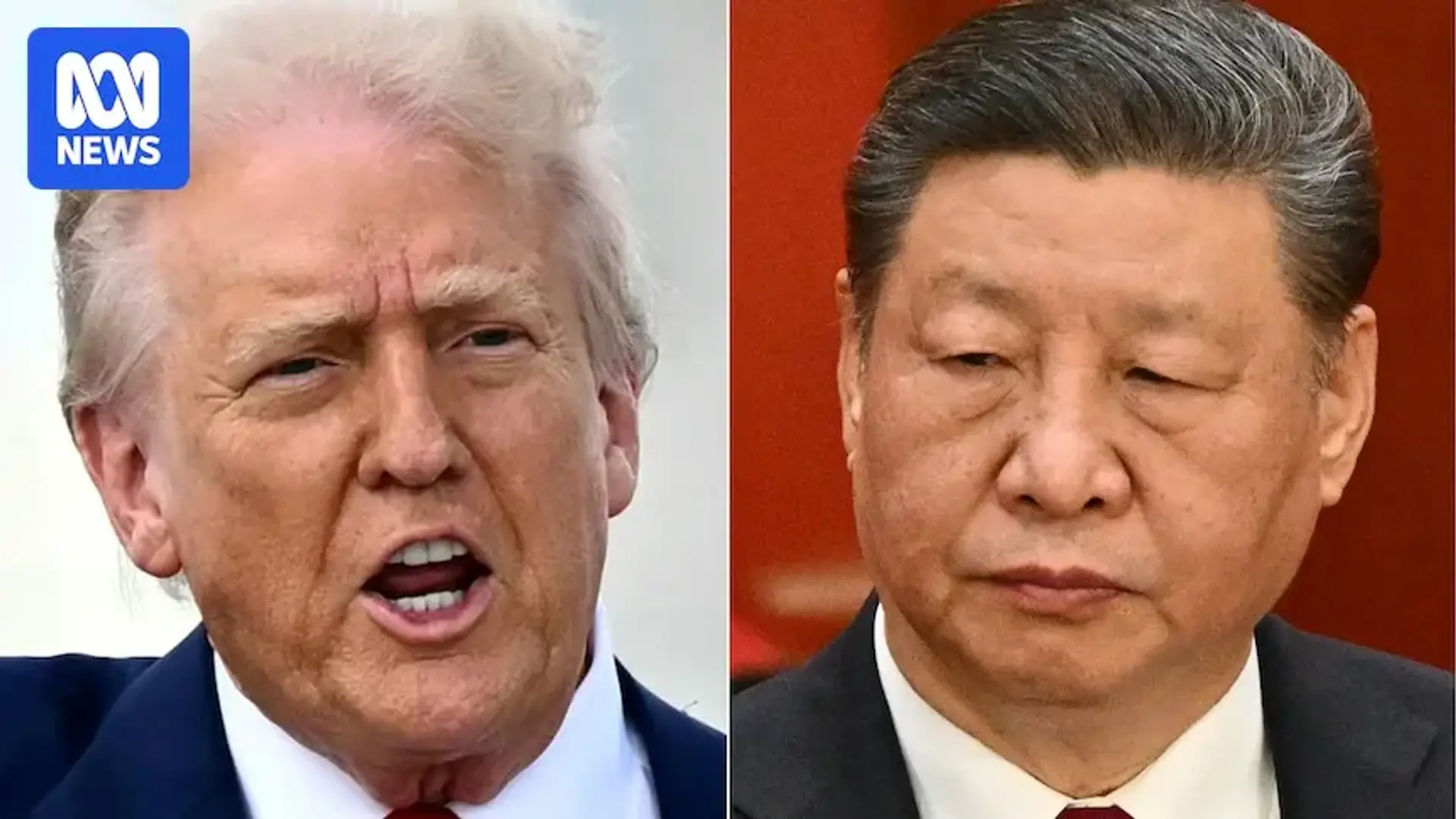China is positioning itself to challenge the United States for dominance in the rapidly expanding AI market, projected to be worth $4.8 trillion. This ambition is fuelled by significant state support, including substantial subsidies and strategic policy initiatives aimed at fostering AI innovation and deployment across various sectors. China's approach involves encouraging private tech companies, establishing AI pilot zones, and promoting the integration of AI into public services.
Despite facing challenges such as US export controls on advanced chips, China is making strides in AI development. Chinese AI models are increasingly competitive, and the nation is fostering a culture of self-reliance in AI technology. Premier Li Qiang has called for international cooperation in AI governance, signalling China's intent to play a leading role in shaping the global AI landscape. The US is also taking action to maintain its AI leadership, with the White House unveiling an AI Action Plan focused on accelerating innovation, building infrastructure, and leading international diplomacy in AI.
Both nations recognise AI as critical to future economic and strategic power, leading to intense competition. China aims to become a global leader in AI by 2030, leveraging its strengths in data resources, algorithms, and AI talent. The US, however, is focused on innovation and open market leadership to maintain its edge. The outcome of this competition will depend on the effectiveness of each nation's approach to driving AI innovation and adoption.
Related Articles

China Aims for AI Leadership
Read more about China Aims for AI Leadership →
AI Geopolitics Intensify Globally
Read more about AI Geopolitics Intensify Globally →
OpenAI Names Zhipu AI Threat
Read more about OpenAI Names Zhipu AI Threat →
Robots Dominate China AI Summit
Read more about Robots Dominate China AI Summit →
